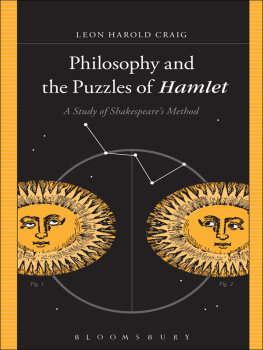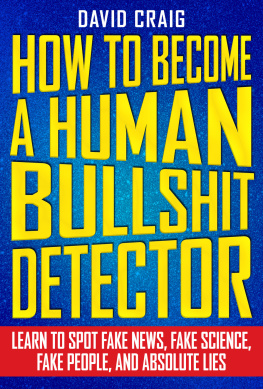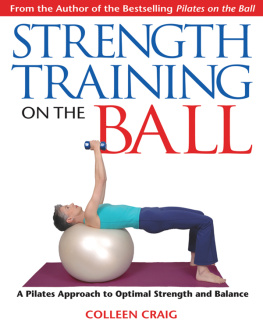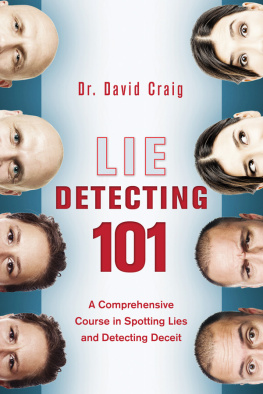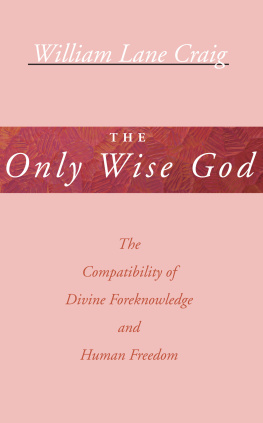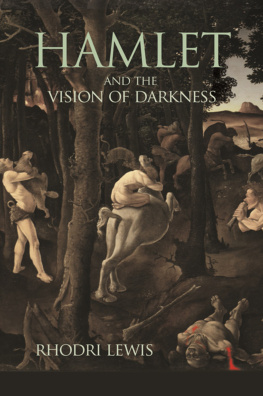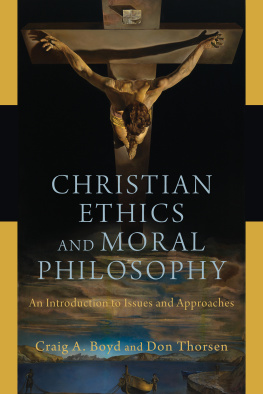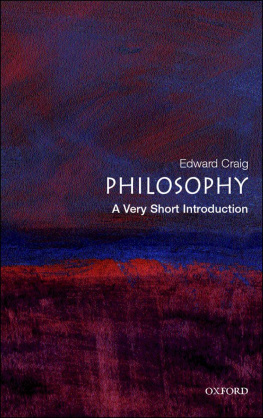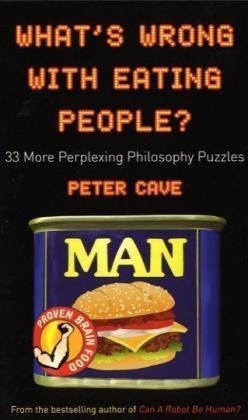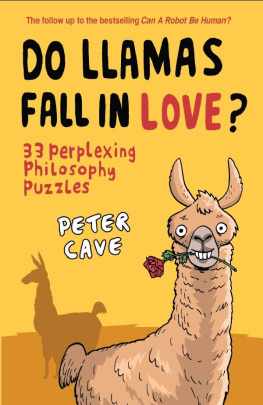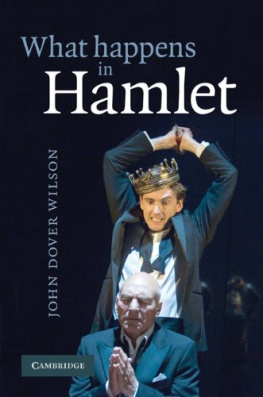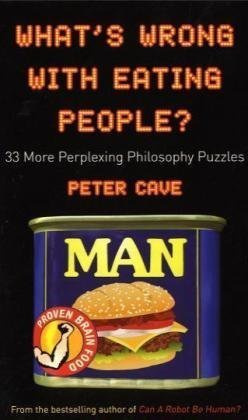Craig - Philosophy and the Puzzles of Hamlet
Here you can read online Craig - Philosophy and the Puzzles of Hamlet full text of the book (entire story) in english for free. Download pdf and epub, get meaning, cover and reviews about this ebook. year: 2014, publisher: Bloomsbury USA, genre: Detective and thriller. Description of the work, (preface) as well as reviews are available. Best literature library LitArk.com created for fans of good reading and offers a wide selection of genres:
Romance novel
Science fiction
Adventure
Detective
Science
History
Home and family
Prose
Art
Politics
Computer
Non-fiction
Religion
Business
Children
Humor
Choose a favorite category and find really read worthwhile books. Enjoy immersion in the world of imagination, feel the emotions of the characters or learn something new for yourself, make an fascinating discovery.
- Book:Philosophy and the Puzzles of Hamlet
- Author:
- Publisher:Bloomsbury USA
- Genre:
- Year:2014
- Rating:4 / 5
- Favourites:Add to favourites
- Your mark:
- 80
- 1
- 2
- 3
- 4
- 5
Philosophy and the Puzzles of Hamlet: summary, description and annotation
We offer to read an annotation, description, summary or preface (depends on what the author of the book "Philosophy and the Puzzles of Hamlet" wrote himself). If you haven't found the necessary information about the book — write in the comments, we will try to find it.
Philosophy and the Puzzles of Hamlet — read online for free the complete book (whole text) full work
Below is the text of the book, divided by pages. System saving the place of the last page read, allows you to conveniently read the book "Philosophy and the Puzzles of Hamlet" online for free, without having to search again every time where you left off. Put a bookmark, and you can go to the page where you finished reading at any time.
Font size:
Interval:
Bookmark:
Philosophy and the Puzzles of Hamlet
Also by Leon Harold Craig
The War Lover: A Study of Platos REPUBLIC
Of Philosophers and Kings:
Political Philosophy in Shakespeares MACBETH and KING LEAR
The Platonian Leviathan
Philosophy and the Puzzles of Hamlet
A Study of Shakespeares Method
Leon Harold Craig


To the memory of my father
Contents
This book reflects over a third century of studying and teaching Shakespeares plays in the same manner as I have Platos dialogues. Needless to add, my understanding of these texts owes much to the many gifted students, both graduate and undergraduate, with whom I shared so many gratifying classes and seminars. With respect to this commentary on Hamlet, however, I have more specific debts. To Thomas Pangle and Timothy Burns, whose enthusiasm for it was encouraging. Two of the anonymous assessors for Bloomsbury made numerous helpful suggestions for its improvement; I appreciate their efforts, and especially their strong endorsements for its publication. Sue Colberg, book-designer extraordinaire, provided (as usual) a beautifully fitting cover. An earlier version of a part of at the Claremont Institute; I profited from the comments and questions on both occasions. I owe a special thanks to my editor, Ally Jane Grossan, and to the entire Bloomsbury production staff, for the accommodating manner in which they dealt with my manuscript.
As always, my greatest debt is to my wife, partner and best friend for some four-plus decades; as all our mutual friends know, Id be lost without her.
The Greeks, a certain scholar has told me, considered that myths are the activities of the Daemons, and that the Daemons shape our characters and our lives. I have often had the fancy that there is some one Myth for every man, which, if we but knew it, would make us understand all he did and thought. Shakespeares Myth, it may be, describes a wise man who was blind from very wisdom, and an empty man who thrust him from his place, and saw all that could be seen from very emptiness. It is the story of Hamlet, who saw too great issues everywhere to play the trivial game of life, and of Fortinbras, who came from fighting battles about a little patch of ground so poor that one of his Captains would not give six ducats to farm it, and who was yet acclaimed by Hamlet and by all as the only befitting King.
W. B. Yeats, Ideas of Good and Evil
I return to Hamlet as one participates in a Mystery to regain vitality after descending into the depths, to skirt madness with its hero, to find release from anguish with its heroine in her hebephrenia, to slough disillusion with a treacherous world onto a scapegoat who carries the burden to his destruction. I also return to sun in the lines that light the world in beauty, to absorb nurture from genius beyond envy, and to delight in discovery with each rereading.... I listen in awe, because here, so much that psychoanalysts have laboriously learned from patients flows in measured profusion as if the Muses had whispered in the poets ear all that Apollos Pythoness had learned from her countless suppliants. I also return to Hamlet because of an apprehension that within its elusive ambiguities lies a key that could lead to the secret wellsprings of the human dilemma.
Theodore Lidz, Hamlets Enemy
[W]e Florentines have liberal ideas about speech, and consider that an instrument which can flatter and promise so cleverly as the tongue, must have been partly made for those purposes; and that truth is a riddle for eyes and wit to discover, which it were a mere spoiling of sport for the tongue to betray.
George Eliot, Romola
I suspect that my title Philosophy and the Puzzles of Hamlet: A Study of Shakespeares Method requires some explanation lest it kindle false expectations. Since I have it on impeccable authority that brevity is the soul of wit, I shall keep it as brief as will serve the purpose, though this will still seem tedious to some, and the result not so persuasive as would satisfy others. It requires clarifying why I regard Shakespeare as a philosophical writer, what is meant by his method, and how puzzles figure in this method indeed, are the very heart of it. But there is a fourth, rather different sort of question to be addressed, since in its case the explanation must serve also as a justification: why Hamlet, surely the most exhaustively (over)studied work in all of literature. Since treating fully any one of these matters might deserve a chapter unto itself, I must hope something more modest may suffice for readers who will trust that the interpretative effort which follows provides sufficient vindication for any claims which at the outset seem mere assertions, and questionable ones at that.
The idea of philosophy employed here is the original one, love of wisdom, which remains for me the primary sense of the word. On this view, a philosopher is that exceedingly rare sort of person whose way of life is dominated by this love, even if not to the total exclusion of all other loves (for there are some that harmonize tolerably well with it). As such, the philosophical life is one in which questions are primary, rather than answers, and in which everything is potentially questionable. Life being too short to answer all questions, a philosopher pursues answers to the most important questions and knowing which questions are the most important itself amounts to a kind of wisdom but he does so without assurance that they can ever be finally answered; nor that they cannot. One can learn this, if at all, only by trying, by the activity of seeking knowledge. And if first one does not succeed, one must try again, and yet again. One may eventually reach the conclusion that certain questions can never be answered, having come to see clearly the reasons why such is the case. And surely this also must count as a kind of wisdom. But since a plenitude of apparently answerable questions always remains, the philosophical life is one of ceaseless activity. Alternatively stated, only in the unlikely event of his coming to possess complete wisdom could a philosopher finally rest. Short of that, like the proverbial hausfrau a philosophers work is never done.
Thus conceived, philosophical activity need not, and probably will not, result in fully developed doctrines; much less does it entail expounding them in treatises. Indeed, there is no necessity that a philosopher commit to writing the results of his philosophical investigations or the results so far
Since the philosophical life per se does not entail producing what can only be artefacts of philosophical activity, why any philosophers write at all is itself an important question. Whats in it for them? Moreover, we cannot presume that those who do write intend to tell all they know, or even that communicating any of what they know is their primary purpose in writing. For example, should a philosopher believe that the philosophical life is the best life for the few who are naturally suited for it, and also happen to be philanthropically inclined, he might write in a manner designed primarily to stimulate and encourage philosophizing to whatever extent a reader is capable of it. Thus, his own wisdom would be manifest more in how he poses enticing questions, showing why they are important and why they somehow remain questions, than in any putative answers he seems to provide. For challenging questions awaken and activate the mind, whereas persuasive answers sedate and pacify it.
Next pageFont size:
Interval:
Bookmark:
Similar books «Philosophy and the Puzzles of Hamlet»
Look at similar books to Philosophy and the Puzzles of Hamlet. We have selected literature similar in name and meaning in the hope of providing readers with more options to find new, interesting, not yet read works.
Discussion, reviews of the book Philosophy and the Puzzles of Hamlet and just readers' own opinions. Leave your comments, write what you think about the work, its meaning or the main characters. Specify what exactly you liked and what you didn't like, and why you think so.

